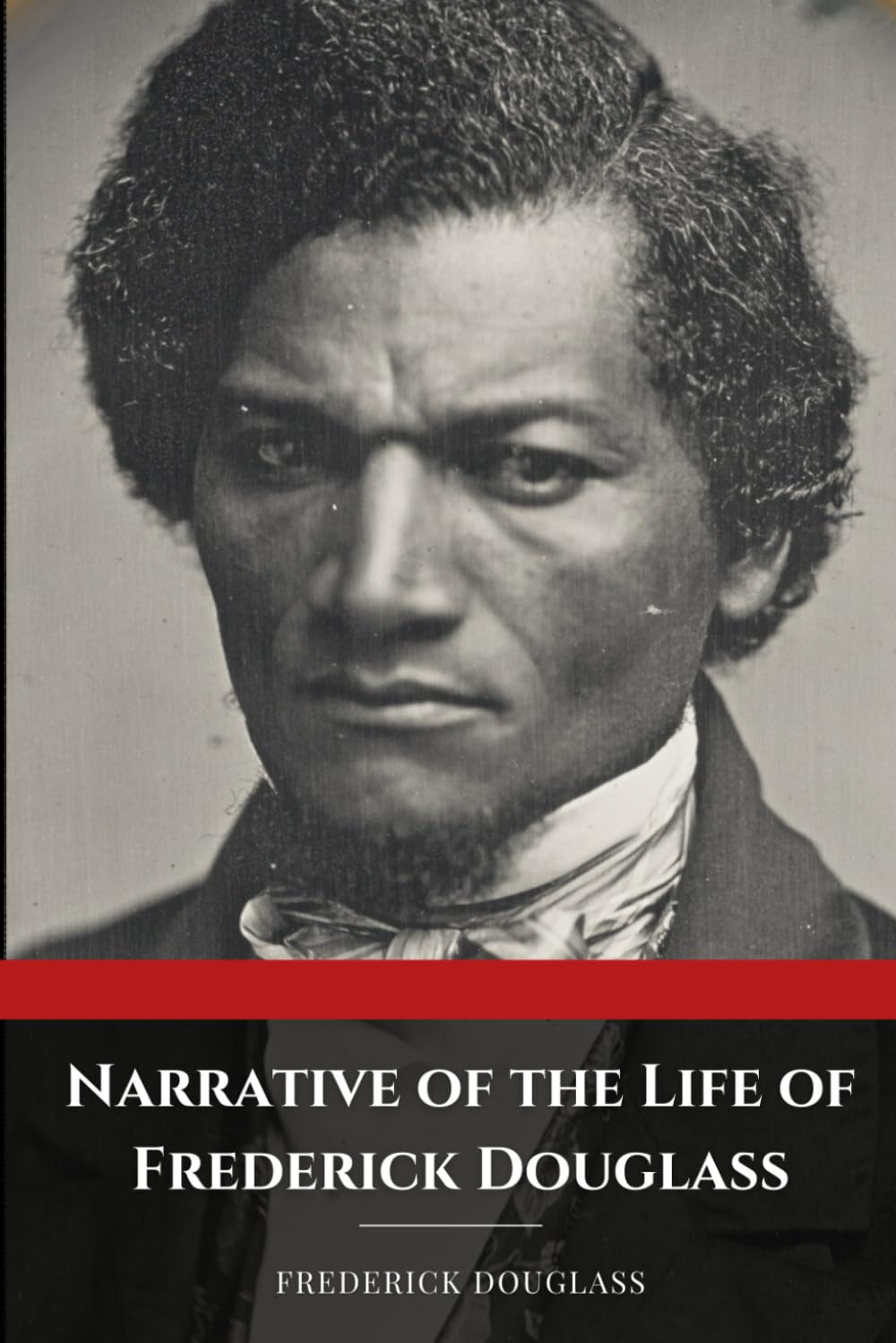All Categories



Narrative of the Life of Frederick Douglass
Share Tweet
Get it between 2025-01-06 to 2025-01-13. Additional 3 business days for provincial shipping.
*Price and Stocks may change without prior notice
*Packaging of actual item may differ from photo shown
- Electrical items MAY be 110 volts.
- 7 Day Return Policy
- All products are genuine and original
- Cash On Delivery/Cash Upon Pickup Available








About Narrative Of The Life Of Frederick Douglass
A new, beautifully laid-out, easy-to-read edition of Frederick Douglass's stirring and inspirational memoir, a monumental work that changed history. The Narrative of the Life of Frederick Douglass is an autobiographical slave narrative written by the renowned abolitionist and former slave, Frederick Douglass. It is a powerful account of Douglass’ life of oppression and his journey to freedom. The narrative begins with an introduction to Douglass’ life as a slave and his earliest memories of the brutalities of slavery. He recounts his struggles of living with a cruel master and the hardships of being separated from his family members. Despite the challenges he faced, Douglass found a way to learn how to read and write, which enabled him to gain a greater understanding of the world around him. Through his education, he was able to recognize the evils of slavery and ultimately became an outspoken opponent of the institution. The narrative ends with Douglass’ escape from slavery and his subsequent success as an abolitionist and public speaker. This powerful story of courage and resilience is a testament to Douglass’ strength and the importance of education and knowledge in the fight for freedom. Frederick Douglass (1817-1895) was born in slavery as Frederick Augustus Washington Bailey near Easton in Talbot County, Maryland. He was not sure of the exact year of his birth, but he knew that it was 1817 or 1818. As a young boy he was sent to Baltimore, to be a house servant, where he learned to read and write, with the assistance of his master's wife. In 1838 he escaped from slavery and went to New York City, where he married Anna Murray, a free colored woman whom he had met in Baltimore. Soon thereafter he changed his name to Frederick Douglass. In 1841 he addressed a convention of the Massachusetts Anti-Slavery Society in Nantucket and so greatly impressed the group that they immediately employed him as an agent. He was such an impressive orator that numerous persons doubted if he had ever been a slave, so he wrote Narrative Of The Life Of Frederick Douglass. During the Civil War he assisted in the recruiting of colored men for the 54th and 55th Massachusetts Regiments and consistently argued for the emancipation of slaves. After the war he was active in securing and protecting the rights of the freemen. In his later years, at different times, he was secretary of the Santo Domingo Commission, marshall and recorder of deeds of the District of Columbia, and United States Minister to Haiti. His other autobiographical works are My Bondage And My Freedomand Life And Times Of Frederick Douglass, published in 1855 and 1881 respectively. He died in 1895.




 (1)
(1)













